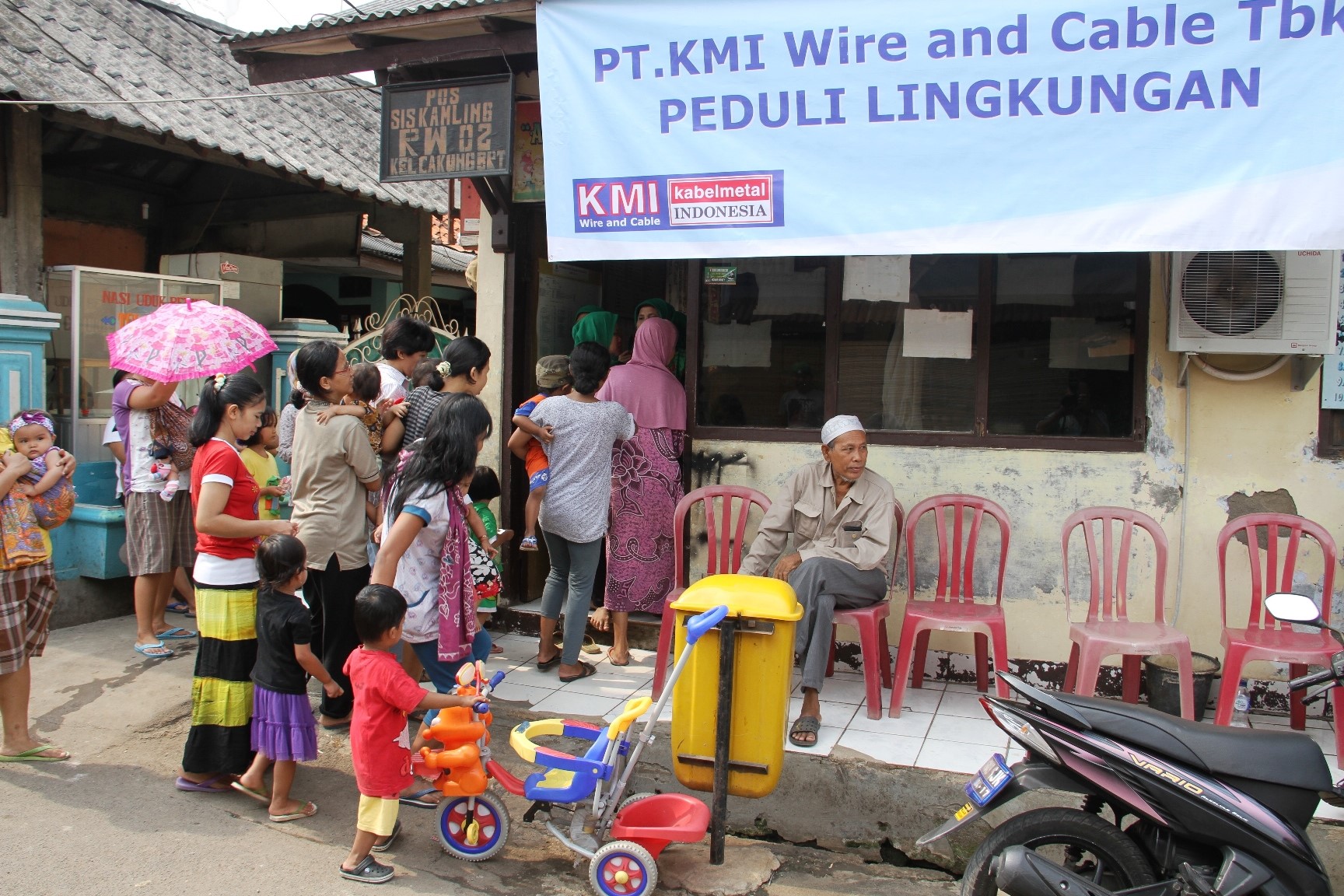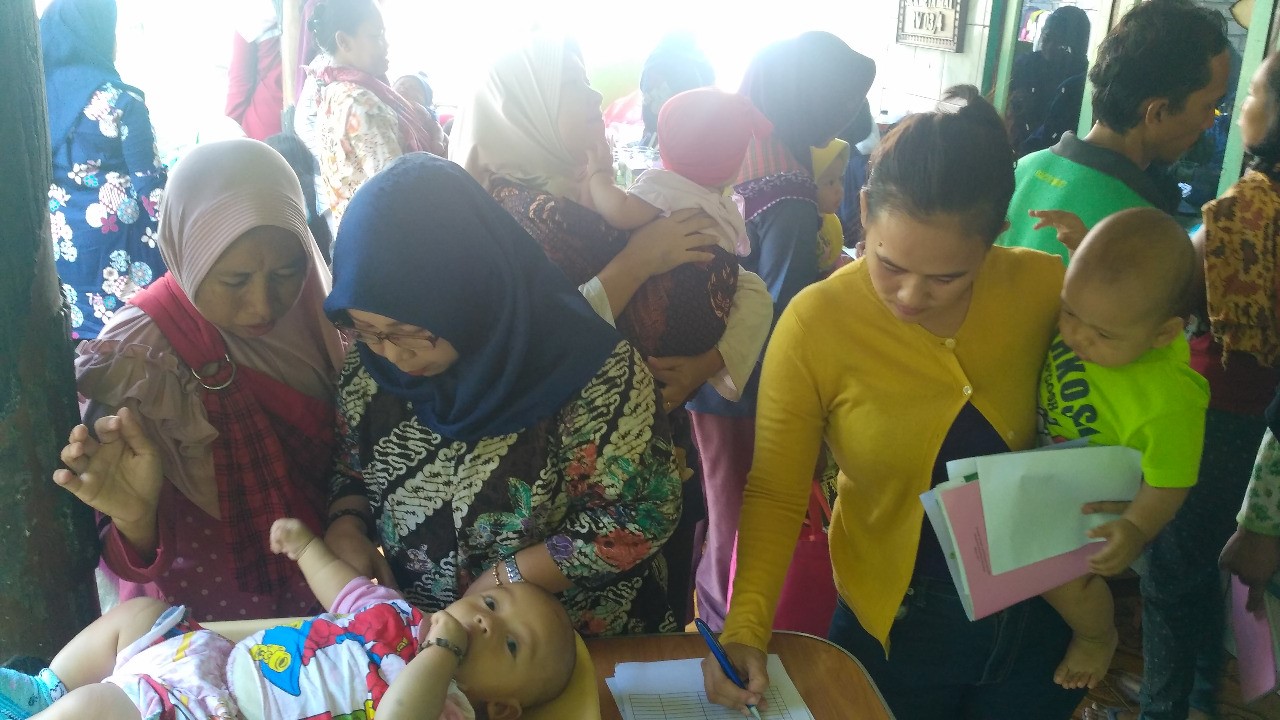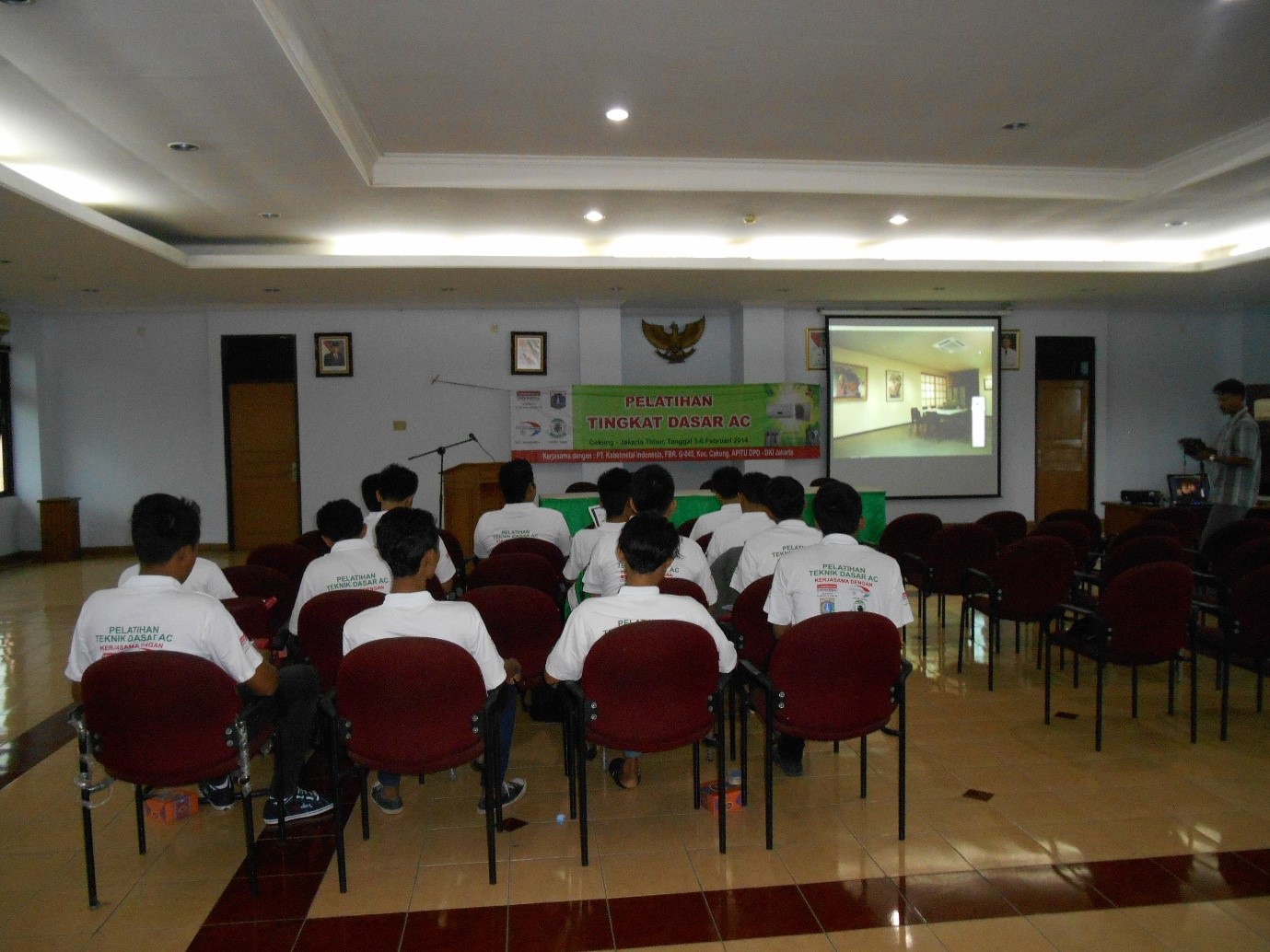In an effort to build a work culture oriented toward sustainability, the Company has developed a sustainability culture that includes environmental and social aspects and applies sustainable finance principles. This initiative aims to raise awareness at all levels so that every member of the Company is responsible for environmental and social challenges while creating economic benefits through operational efficiency.
The Company has also internalized the sustainability culture throughout all levels of the organization, from staff to management. Throughout 2024, various initiatives have been undertaken to strengthen the sustainability culture in the Company, including:
Gender composition of employees:
Men: 864
Women: 49
Total Employees Trained in 2024:
179
Total Training Hours in 2024:
396
Average Training Hours per Employee in 2024:
2.21
The Company consistently enforces Occupational Health and Safety (OHS) policies to support employee welfare. These policies aim to improve physical and mental conditions in all job areas and prevent workplace accidents.
The Company continually works to improve workplace hygiene, occupational health, ergonomics, and employee nutrition, as well as to prevent and reduce poisoning and work-related illnesses. These efforts help ensure smooth production processes, ultimately boosting efficiency and productivity.
According to Law No. 1 of 1970 concerning Occupational Safety, the purpose of occupational health and safety (OHS) related to machinery, equipment, workplace platforms, and the work environment is to prevent work-related accidents and illnesses, and to protect production resources to enhance efficiency and productivity.
The company through the K3 Team under the coordination of the Health and Safety Management Representative (HMR) in synergy with the Occupational Health and Safety Development Committee (P2K3) has implemented the Occupational Health and Safety Management System (SMK3) while simultaneously supervising and evaluating risk factors and the effectiveness of operational activities while ensuring compliance with applicable Occupational Health and Safety regulations.
Blood Donation
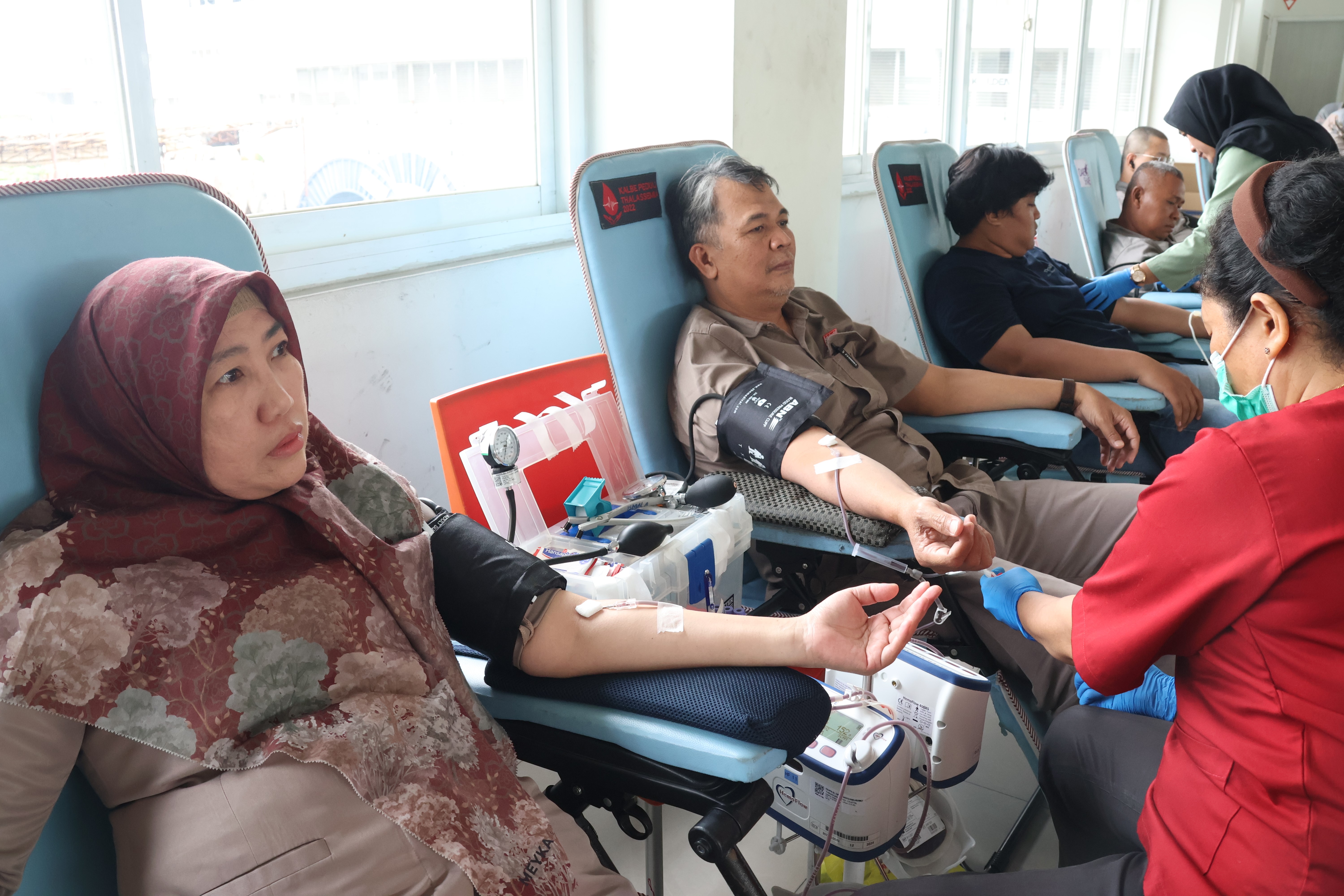
The Company regularly collaborates with the Jakarta Health Office and the Indonesian Red Cross of East Jakarta to organize blood donation activities to help meet the community's blood needs. This initiative is open to all Company employees and serves not only to help maintain the national blood supply but also to raise awareness about the importance of giving, especially when it involves saving lives. Blood donors undergo basic health checks prior to donation, which also helps with early detection of health issues.
The Company is committed to environmental conservation and systematically preventing environmental pollution and damage. These efforts involve protection through environmental management and monitoring, including planning, utilization, control, maintenance, supervision, and enforcement.
Actions taken by the Company to protect and manage the environment include managing environmental impacts such as waste segregation, cooperation with third parties for waste disposal, utilizing non-hazardous solid waste, monitoring environmental impact or quality through external laboratories for ambient air quality, noise, odor, wastewater, emission sources, and other required measurements. The Company also reports its environmental management and monitoring activities to the relevant authorities, both online and through documentation.
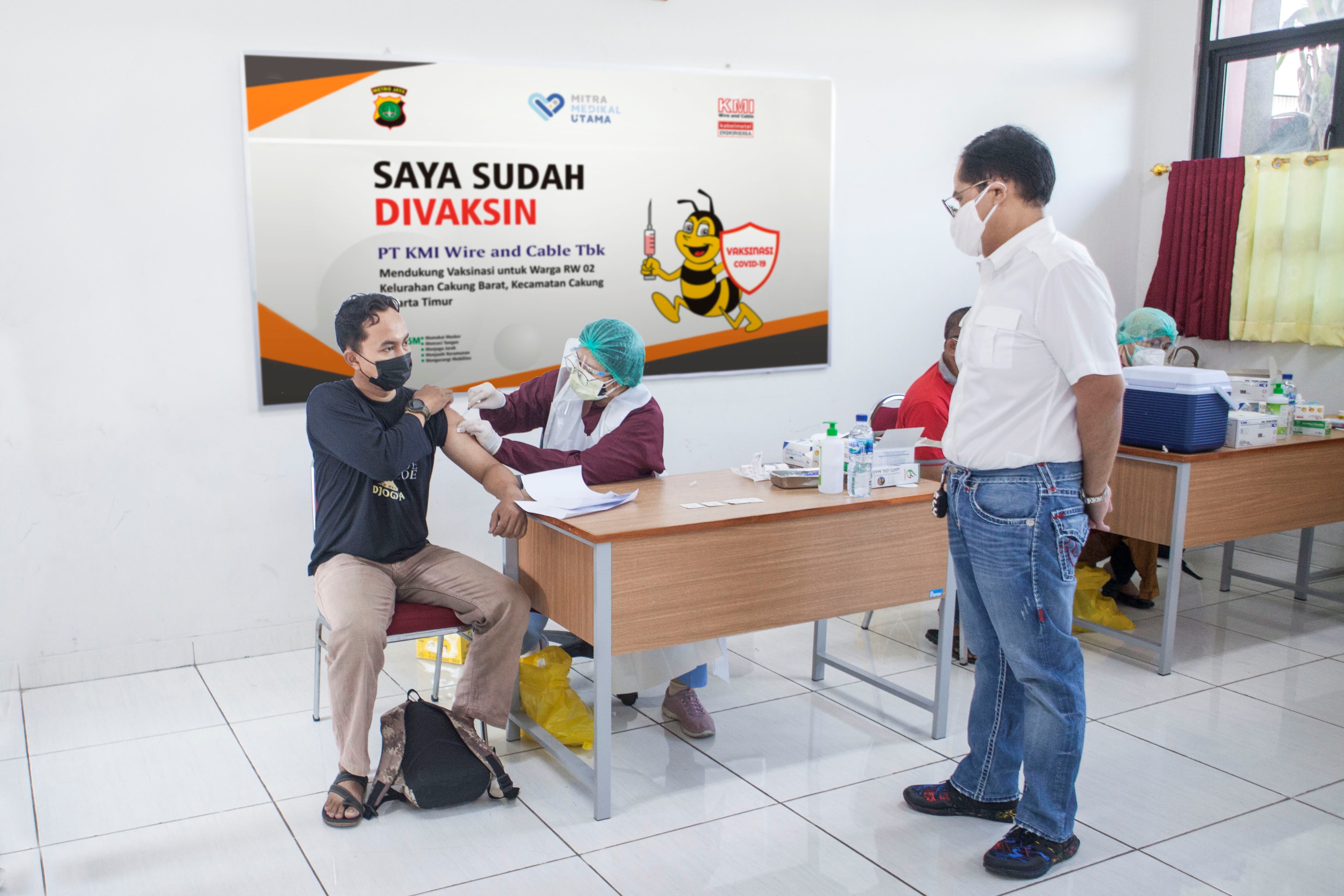
In an effort to empower the communities surrounding its factories, the Company carries out various activities in the fields of education and health, such as Entrepreneurship Training and Integrated Health Service Posts (Posyandu).
These efforts are in line with the Company's commitment to minimizing the impact of its business operations on the nearby community while creating sustainable livelihoods.
